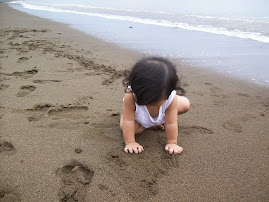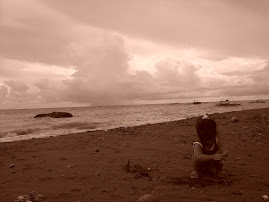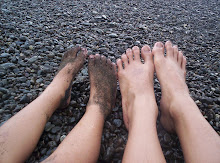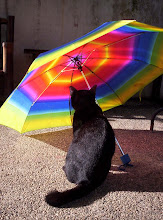
James Soriano wrote this Manila Bulletin article on August 24, 2011. It's about English as the language of privilege.
To say it received plenty of attention would be an understatement. It generated thousands of reactions, forwarded on Facebook, blogged about (like what I'm doing now), and shared on Twitter. The day after it was posted in the Manila Bulletin site, I could not access it. There must be so many people wanting to get in on the issue.
They said it was very un-nationalistic. They accused James of 'arrogant elitism.' They said it's a shame that he, being a Filipino, could say all those things.
Personally, I think people took notice because it struck a nerve. But isn't it true? For most of us, we're working overtime to be able to send our children to private schools, where the medium of instruction is English. The best students in class are those who have good grades in English. When they graduate from college, they get interviewed in English, and I, who's in Human Resources, can tell you that companies put a premium on excellent English communication skills. We equate good breeding by the ability to speak English, and therefore, it equates to a good life. And in the Philippines, you might want to check out how many signages along the streets are in English. How often would you see a sign that says "Tindahan ni Juana?" Oh, no, it's always "Jane's Store," with a Coke advertisement on one side.
I'm guilty of thinking in English too. When my daughter comes to me with a homework in Filipino, I translate the directions in English so we can understand what needs to be done. I tell her "pandiwa" is actually a "verb," and she gives me a pained expression. Needless to say, her grades in Filipino leave something to be desired. We exchange text messages in English, and not the "cn i wtch dvd aft skul" version, but the complete words. Definitely not Jejemon, for that matter. And I used to find it funny that my daughter entered grade school without knowing the Tagalog words for "banana" and "crab" and "gate."
So does that make me less of a Filipino? No. Choosing to communicate in English meant that I had a better chance to compete in the real world, where salaries need to be earned and deals have to be made. Speaking English will allow my children to go places and experience things beyond the place where they were born.
James Soriano wrote a come-back article on August 31, Wika Bilang Gunita. And although I applaud him for his guts to write it, I must admit it took me twice as long to finish reading it. I almost wished it had an English translation. :-)
























